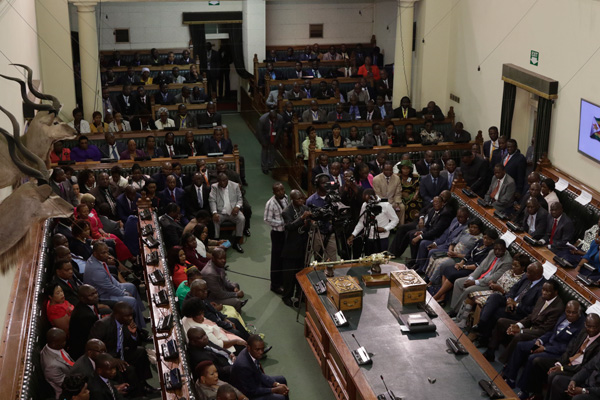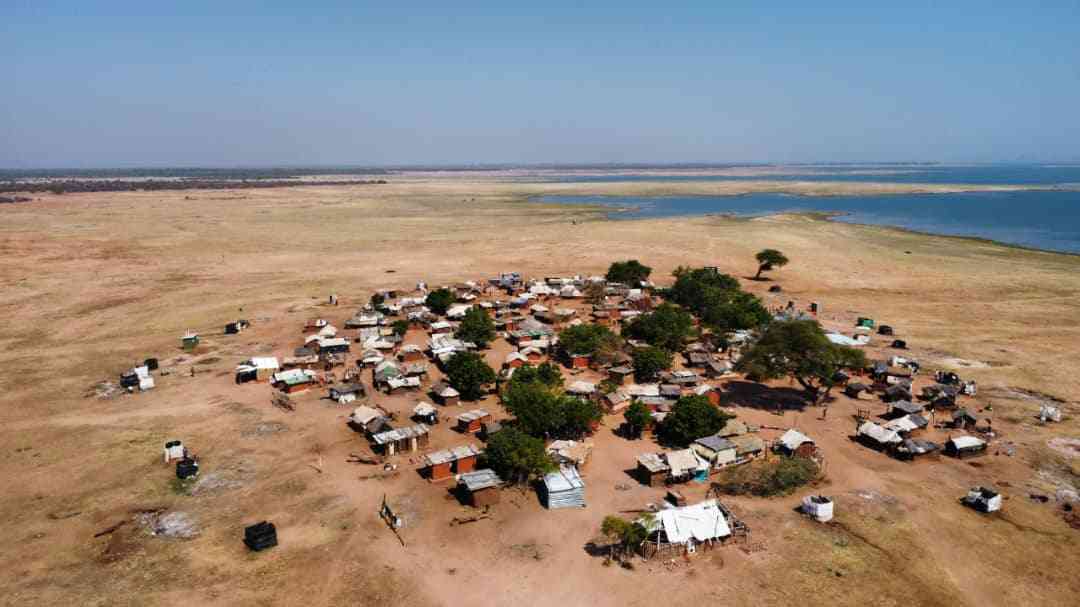
GOVERNMENT has been urged to accede to the 1954 United Nations Conventions relating to the status of stateless persons and the 1961 UN convention on the reduction of statelessness, as well as to expedite the implementation of Article 6 (4) of the African Charter on the rights and welfare of the child.
by VENERANDA LANGA
The issues came out in a report presented in Senate last week by Midlands senator Lillian Timveous (MDC-T).
“Failure to ratify the 1961 Convention to reduction of statelessness reflects negatively on the government of Zimbabwe’s failure to fulfil citizen’s social, economic, civil and political rights,” Timveous said.
“In my research I was shocked to find out that we have over 10 500 refugees at Tongogara Camp east of Harare from the Democratic Republic of Congo (8 100), Burundi (over 700), Rwanda (700) and over 700 from Mozambique and the camp is overcrowded.”
Timveous said the school at the camp was ill-equipped and had poor infrastructure.
“There is a lot happening there such as malnutrition, and believe me, there are so many children at this camp. The issue of birth certificates and identification cards is really an issue.”
She said Zimbabwe must ensure that everyone has a right to nationality in order to meet the requirements of sustainable development goal 16 which says everyone must have a legal right to identity, including birth registration.
- Chamisa under fire over US$120K donation
- Mavhunga puts DeMbare into Chibuku quarterfinals
- Pension funds bet on Cabora Bassa oilfields
- Councils defy govt fire tender directive
Keep Reading
The Constitution also provides for fundamental human rights and freedoms incorporating the rights of children to a name and provision of identity documents.
Timveous said there is need to maintain comprehensive birth registration and civil registration systems within Zimbabwe with a view to prevent statelessness.
Manicaland senator David Chimhini said statelessness remained an emotive issue with about 10 million people who were stateless in the world.
“Individuals, women and children are particularly exposed to risks of statelessness and that is why the Gukurahundi issue has remained emotive. We need to be sober whenever we are discussing this post-independence unfortunate period.
“The office of the Registrar-General must be flexible and make it easy for people to obtain identity documents and remove unnecessary red tape and bureaucracy which makes it difficult to obtain identity documents,” Chimhini said.











